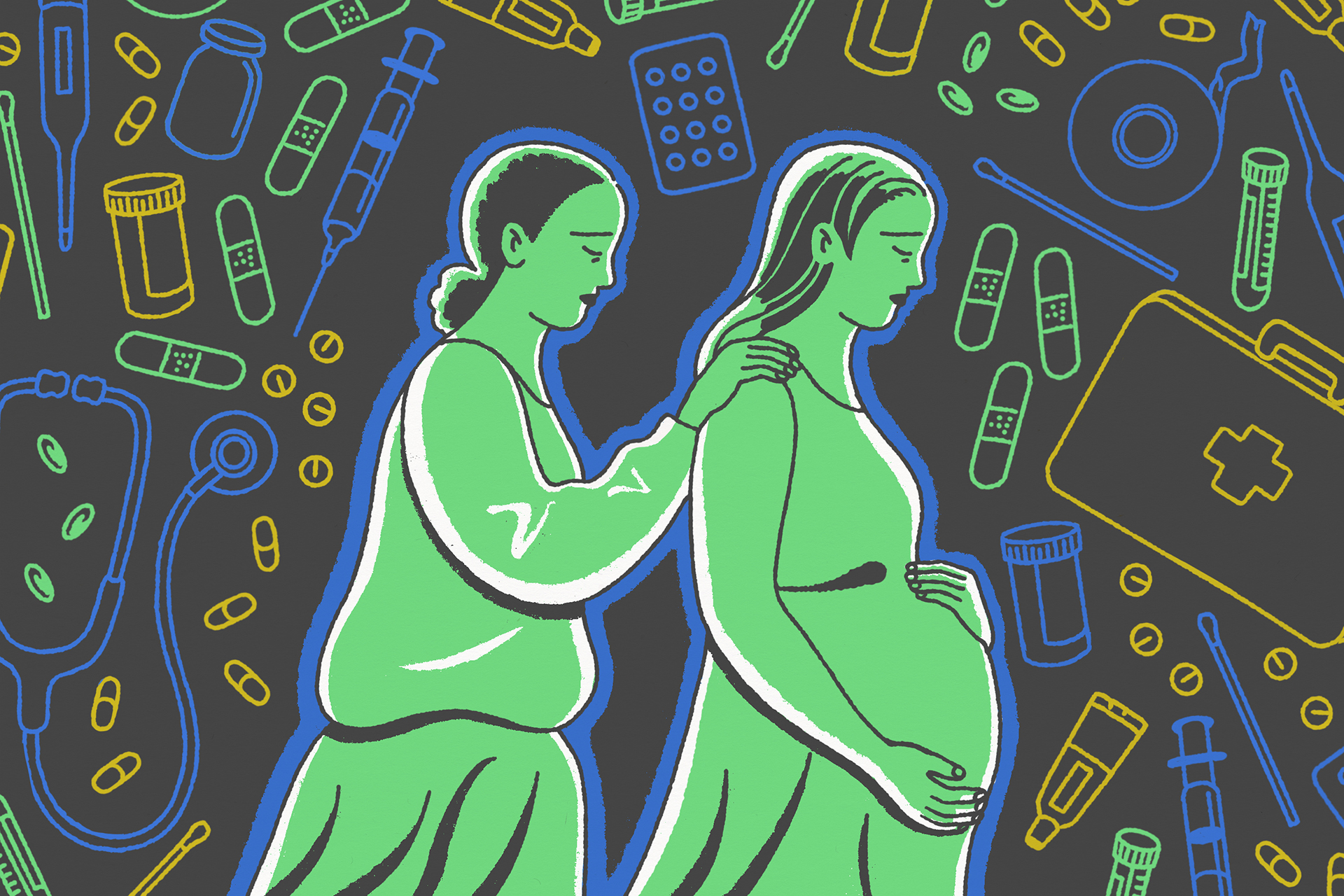In the heart of West Africa, a stark reality unfolds daily: the desperate struggle to bring new life into a world often devoid of essential resources. A recent incident in Gambia serves as a chilling reminder of the challenges faced by healthcare providers and expectant mothers in under-resourced communities, highlighting the critical need for sustained global health investment.
The ordeal began on a sweltering September day when a woman from a remote Gambian village went into labor. She embarked on a difficult journey to a local clinic, hoping for a safe delivery. While the birth was initially successful, a life-threatening complication soon emerged. The placenta, instead of detaching naturally, remained stubbornly adhered to her uterus, causing unstoppable bleeding.
A Race Against Time and Limited Resources
The clinic staff, lacking the necessary equipment and expertise, were unable to stem the hemorrhage. The woman’s condition rapidly deteriorated as she was rushed to Essau District Hospital, the primary referral center for over 50,000 people. By the time she arrived, she was critically close to organ failure due to massive blood loss. Adding to the crisis, the hospital’s only doctor was absent.
This scenario underscores the immense strain placed on healthcare systems in developing nations. Essau District Hospital, like many others, suffers from chronic underfunding, a problem exacerbated by recent cuts in global health funding from major donor nations. This lack of resources directly impacts the ability to provide even basic maternal care, turning childbirth, a natural and joyous event, into a life-threatening ordeal.
The Ripple Effect of Funding Cuts
The situation in Gambia is not an isolated incident. It reflects a broader trend where reduced funding for global health initiatives leads to dire consequences for vulnerable populations. These cuts affect not only immediate medical care but also preventative programs, training for healthcare workers, and the procurement of essential supplies. The long-term impact includes higher maternal and infant mortality rates, increased prevalence of preventable diseases, and a widening gap in health equity.
A Call for Renewed Commitment
The story of this Gambian mother serves as a powerful call to action. It is a stark reminder that investing in global health is not just an act of charity; it is a moral imperative. Sustained funding, coupled with strategic partnerships and innovative solutions, is essential to strengthen healthcare systems in developing countries. This includes ensuring access to skilled birth attendants, essential medicines, and adequate medical facilities. By prioritizing maternal health, we can empower communities, reduce suffering, and give every child a fair chance at life.
Based on materials: Vox





